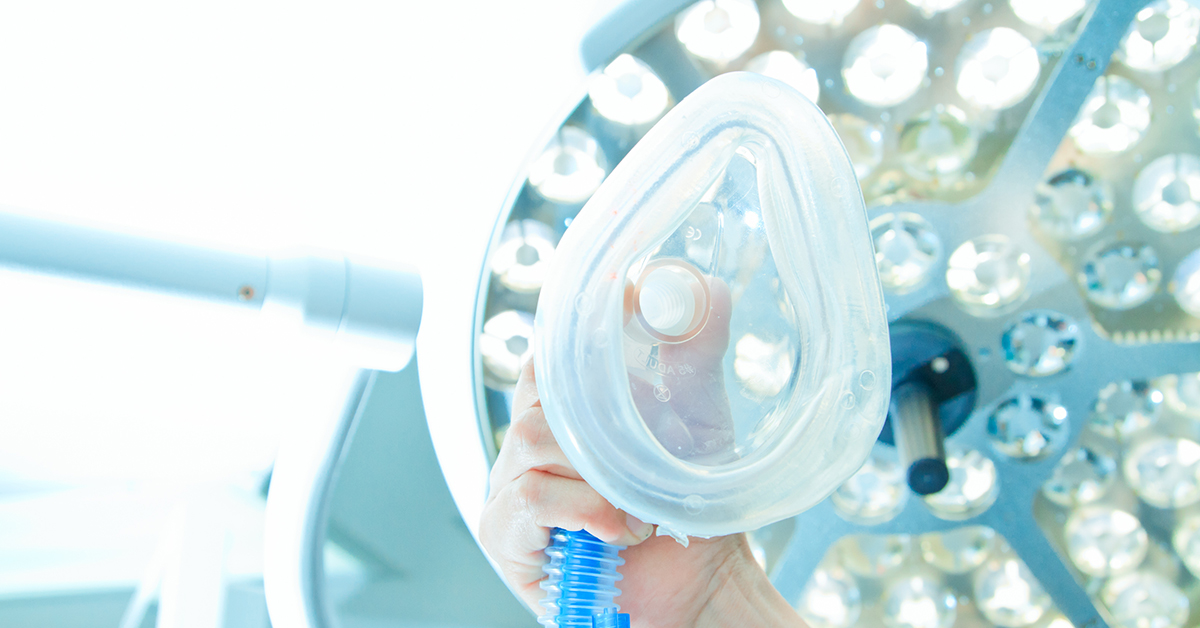
What is Anesthesia?
When medication is used to block pain from a medical procedure, it is called anesthesia. Anesthetics is the term used to describe the different kinds of medication used. Different anesthetics are used for different procedures.
Local Anesthesia
Minor procedures, like skin biopsies or sutures, usually only require local anesthesia. This is often administered as either an injection or as a topical solution applied to the skin. Local anesthesia only affects a small area, and the effects only last a few hours.
Regional Anesthesia
If a procedure is more extensive or requires a larger area of the body, regional anesthesia may be used. This type of anesthetic can block sensation in an entire section of the body, like a whole limb. Patients do not lose consciousness during regional anesthesia, which is often administered through a catheter.
Conscious Sedation
If it's necessary that the patient remain alert enough to respond to questions, conscious sedation may be used to keep the patient relaxed while dulling pain. Conscious sedation may be used during a procedure like plastic surgery or an endoscopy. This anesthetic allows the patient to remain awake and able to answer questions. Conscious sedation can be administered as an injection, inhalant, or a pill. Often, the patient will have no memory of the procedure.
General Anesthesia
General anesthesia is usually reserved for major surgery, or if other anesthetics have no effect. This type of anesthesia affects the entire body, and is administered either by inhalation or injection. Because the patient experiences a full loss of consciousness, patients under general anesthesia often need assistance breathing. It's important that vital signs are monitored until after the anesthetic wears off.
Before Anesthesia
In order to determine the best anesthetic for a procedure, it's important to assess the patient's needs. An anesthesiologist helps in making this decision for more complex procedures. The patient's needs are assessed by asking about a patient's physical and mental health, as well as any allergies or current medications. The patient will also be asked about previous anesthesia experiences.
Patient Safety
Whenever anesthesia is used, it's important to monitor the patient's health. While modern technology and techniques have minimized the possibility of side effects and risks of anesthetics, they can occur if great care is not taken.

